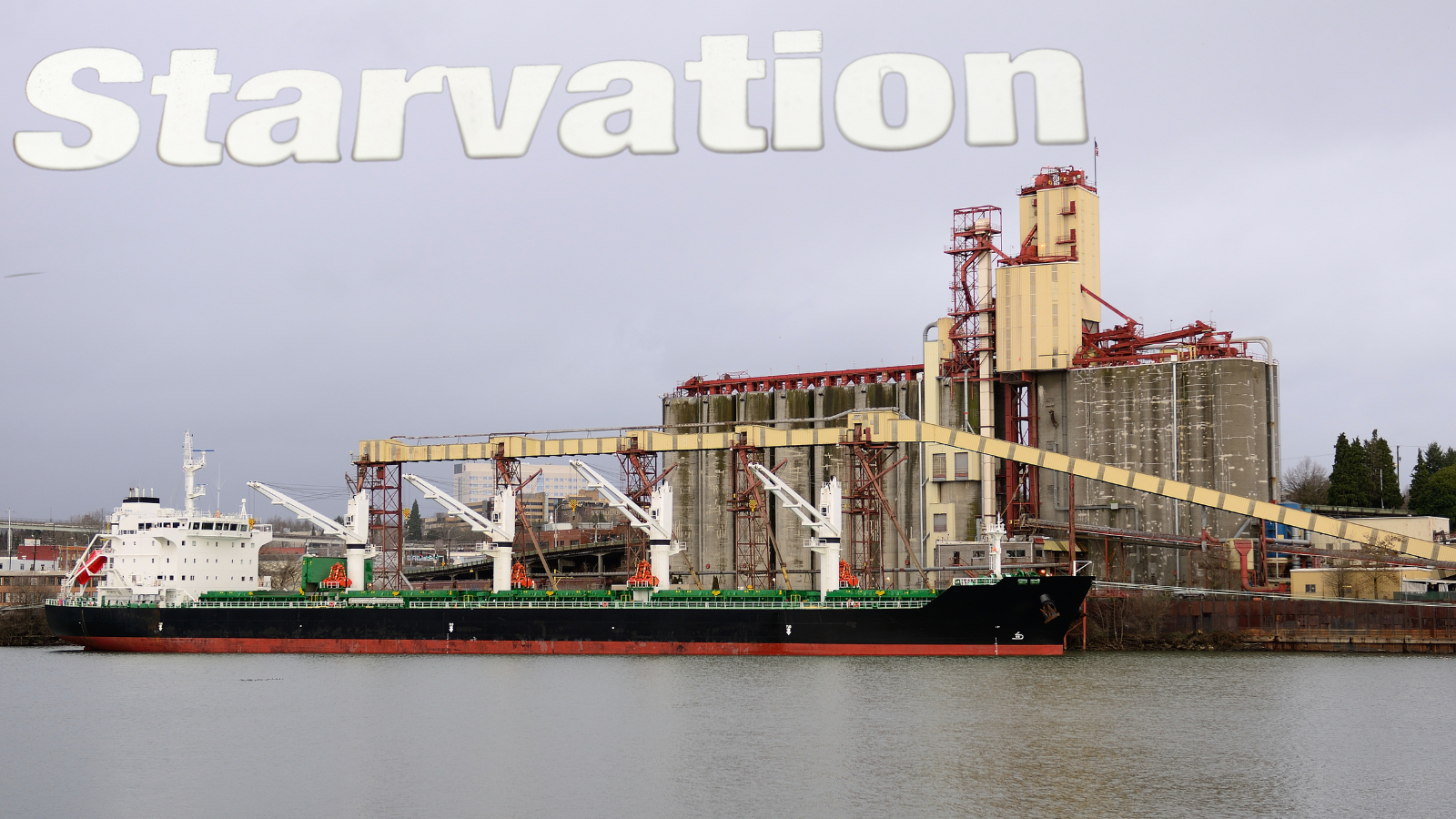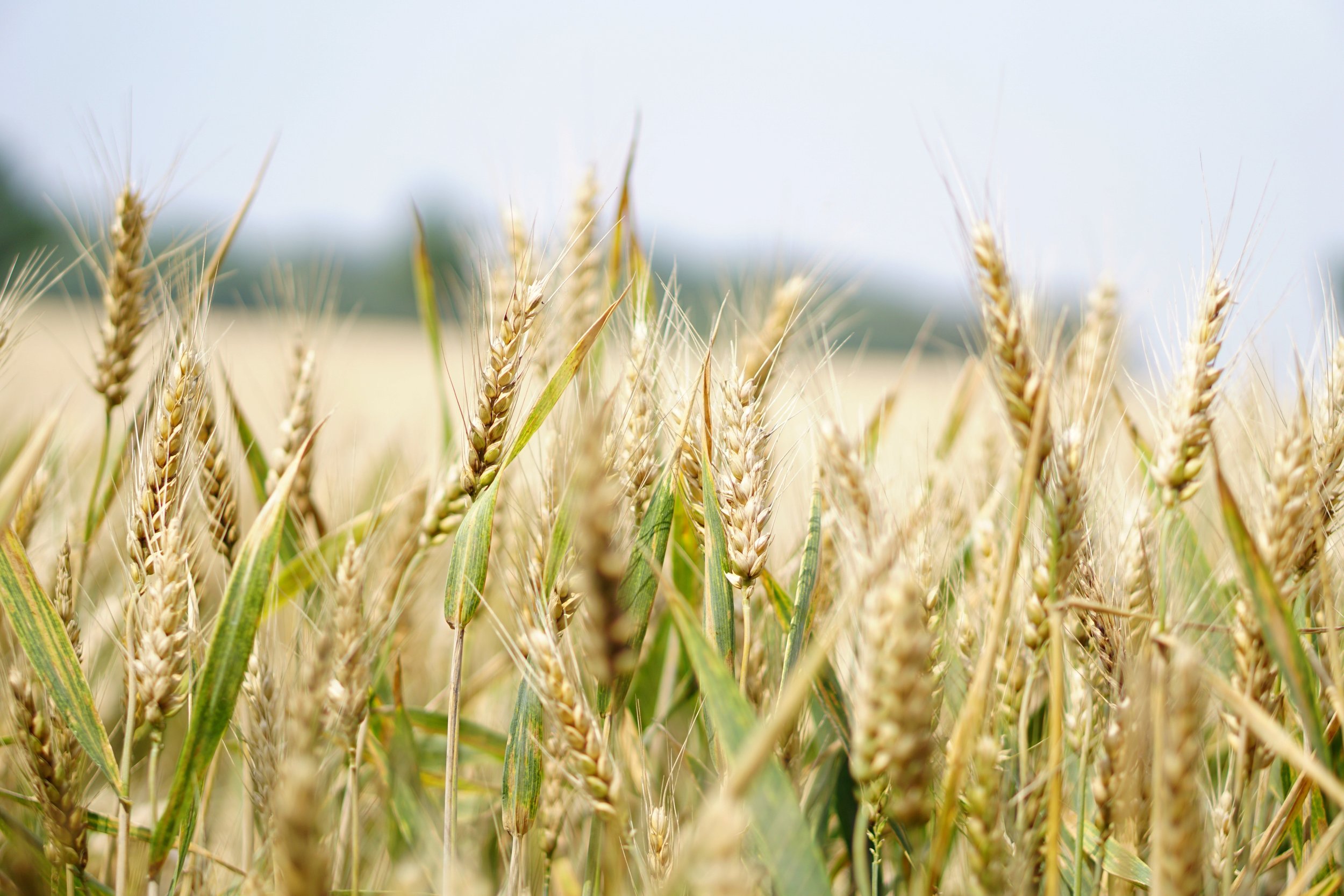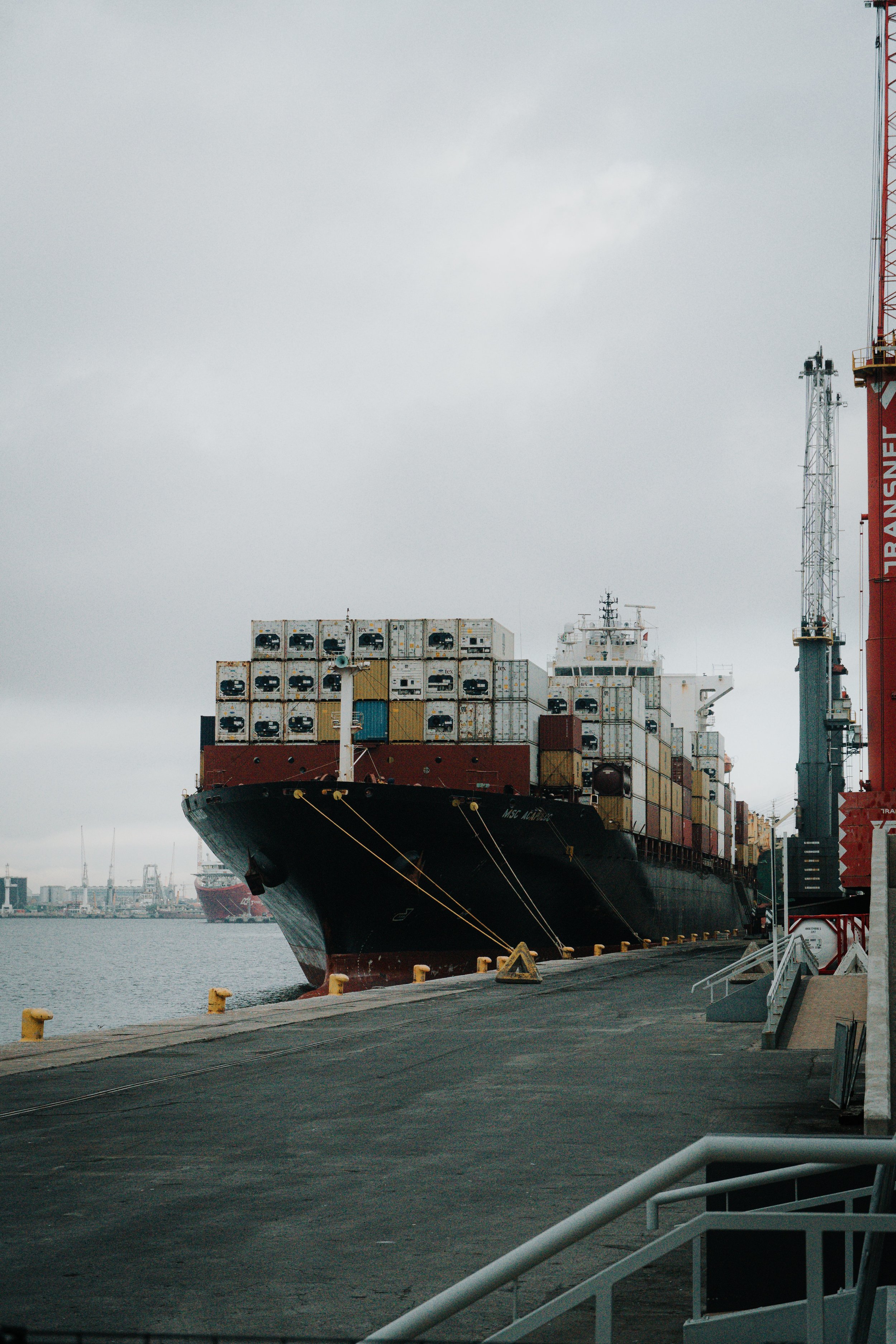Russia pulled out of UN-brokered grain deal and the world is not happy
Last week, Russia revoked its agreement to the United Nations-brokered deal that was meant to ease a global food crisis and assist in delivering grain from clogged Ukraine ports in the Black Sea. The suspension of Russian operations and cooperation has drawn criticism from the west, led by U.S. President Joe Biden who called the move, “purely outrageous”. Russia has claimed that the move is a result of a major Ukrainian drone attack on a fleet near Russian-annexed Crimea and that British navy “specialists” joined forces with Ukraine to deploy the attack.
European Union foreign policy chief Josep Borrell has stated that the global food crisis created by Russia’s invasion of Ukraine has now been renewed and urged the country to reconsider its decision. President Volodymyr Zelenskiy’s chief of staff went as far as to accuse Russia of fabricating the attacks on its facilities to use as a reason for pulling out of the agreement.
The United Nations has declared that 2023 is on track to be the warmest year on record, with global temperatures rising 1.4 degrees Celsius above pre-industrial levels
The United Nations' Food & Agriculture Organization (FAO) is set to release a global food systems' roadmap during the COP28 climate summit in Dubai, which will recommend Western countries, including the United States, to reduce their meat consumption as part of efforts to cut greenhouse gas emissions.
A United Nations-backed report reveals that major fossil fuel-producing countries, including the United States, Russia, and Saudi Arabia, are on course to produce twice the amount of fossil fuels that exceed critical global warming thresholds by the end of this decade.
A United Nations report highlights that humanity is approaching multiple critical "tipping points" that could result in irreversible ecological and institutional system disruptions.
The expiration of the Black Sea grain deal, which allowed Ukraine to export grain via the Black Sea, is a significant development with implications for global food prices and the World Food Programme (WFP).
Companies interested in mining the ocean floor can now submit applications to the International Seabed Authority starting in July, following approval of the controversial practice despite significant pushback.
The International Maritime Organization (IMO) is a specialized agency of the United Nations (UN) responsible for improving maritime safety and preventing pollution from ships.
The Ukrainian Grain Corridor, originally made possible with the assistance of the neighboring country Turkey and the United Nations is no more.
The shipping industry is no stranger to disruptions or change, especially after the past several years.
Ukraine has accused Russia of blocking seven vessels carrying grain from sailing to Asia and Europe, despite the Black Sea grain deal implemented by the United Nations.
The United Nations Food and Agriculture Organization (FAO) is fighting to protect food and agriculture from invasive species after pointing off that climate change and international trade are putting the earth at serious risk.
Ukraine grain exports are finally on the up and up.
Corn shipments continue to leave Ukraine ports after the UN deal brokered between Russia, Turkey, and Ukraine takes effect.
The southern port city of Odessa, Turkey is seizing an opportunity - establishing a new shipping coordination center in Istanbul.
Grain exports are set to return to the Ukrainian Black Sea after the deal has been struck between the country and invading Russia.
Russia, Ukraine, Turkey, and the United Nations are gathering this week to sign a deal meant to guarantee the safe passage of grain from Ukraine across the Black Sea.
With GHG emissions regulations being tightened by the UN climate summit, supply chain markets are searching for new ways to enhance their “clean energy” goals.



















Over 160 industry groups, think tanks, and PR agencies with a history of climate denial have scored access to the UN climate talks in Dubai.